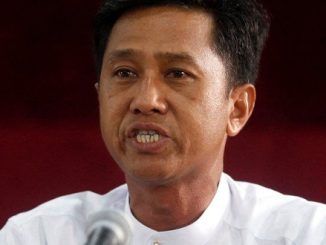
STRASBOURG (Reuters) – Europe’s top human rights court ruled on Thursday that online videos considered by a Belgian court to be Islamist hate speech were not protected under free speech provisions. Fouad Belkacem is a Belgian national currently imprisoned for his activities as the head of Sharia4Belgium, an organization banned for recruiting foreign fighters to participate in militant activities in the Middle East.
The European Court of Human Rights evaluated Belkacem’s argument that his remarks in a series of videos on online platform YouTube fell within his freedoms of expression and religion and were not meant to incite violence.
In the videos, Belkacem had called on viewers to “overpower non-Muslims, teach them a lesson and fight them”, content the Court called “markedly hateful” and “vehement”. He had also called for the violent establishment of Sharia law.
The ECHR upheld the 2013 decision of Belgium’s top court, which found that, far from simply expressing his views, Belkacem had incited others to discriminate on the basis of faith and to violence against non-Muslims.
Belkacem is serving a 12-year prison sentence after being convicted in 2015 of leading a terrorist group in the country’s largest trial of militants.
Belgium continues to grapple with a comparatively high number of nationals who have traveled to Syria and Iraq to join jihadist groups.
As more cases of online radicalisation and recruitment of European citizens emerge, the EU expects technology and social media companies to stem the tide.
In June, EU heads of state called for the industry to step up its efforts to police its own platforms.
Days later, social media giants Facebook, Google’s YouTube, Twitter and Microsoft said they were forming a global working group to combine their efforts to remove terrorist content from their platforms.
The companies said they would share technical solutions for quickly removing extremist content, commission research to inform their counter-speech efforts and work more with counter-terrorism experts.
By Elizabeth Miles
Source: reuters.com





Be the first to comment